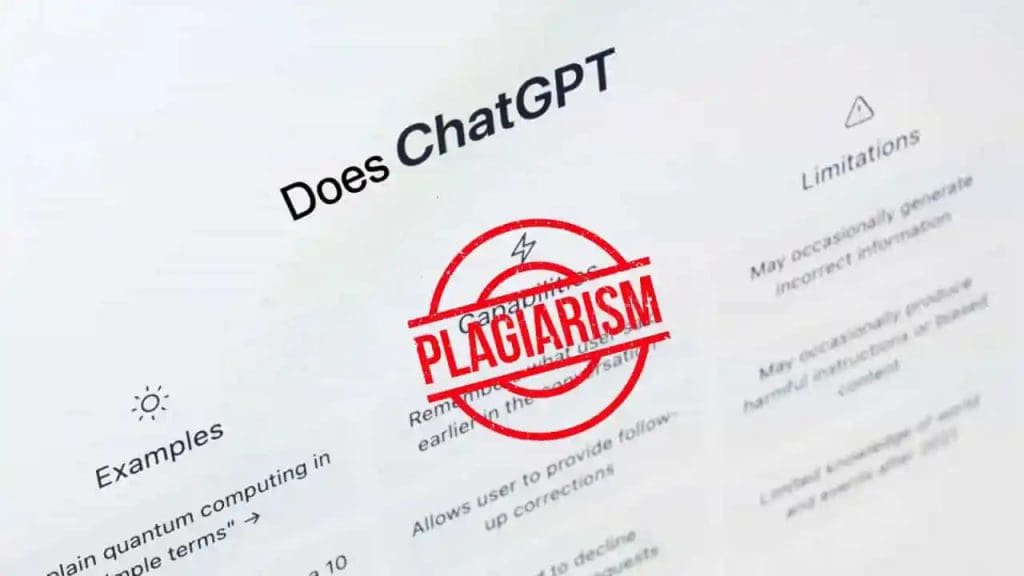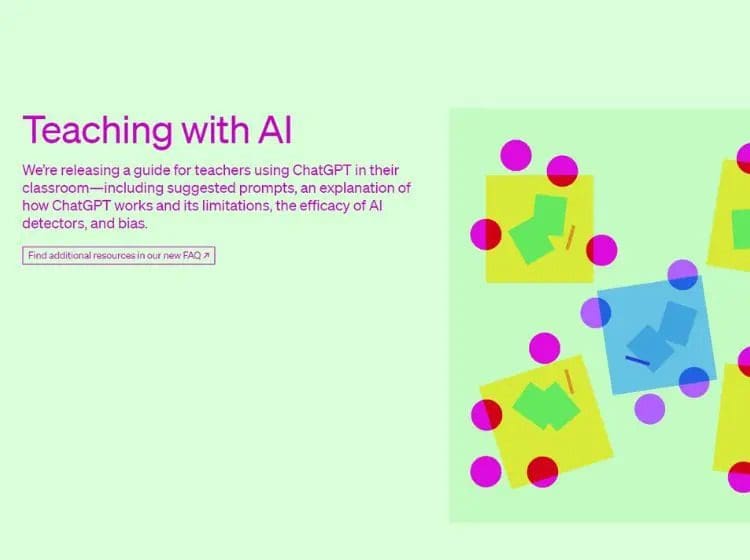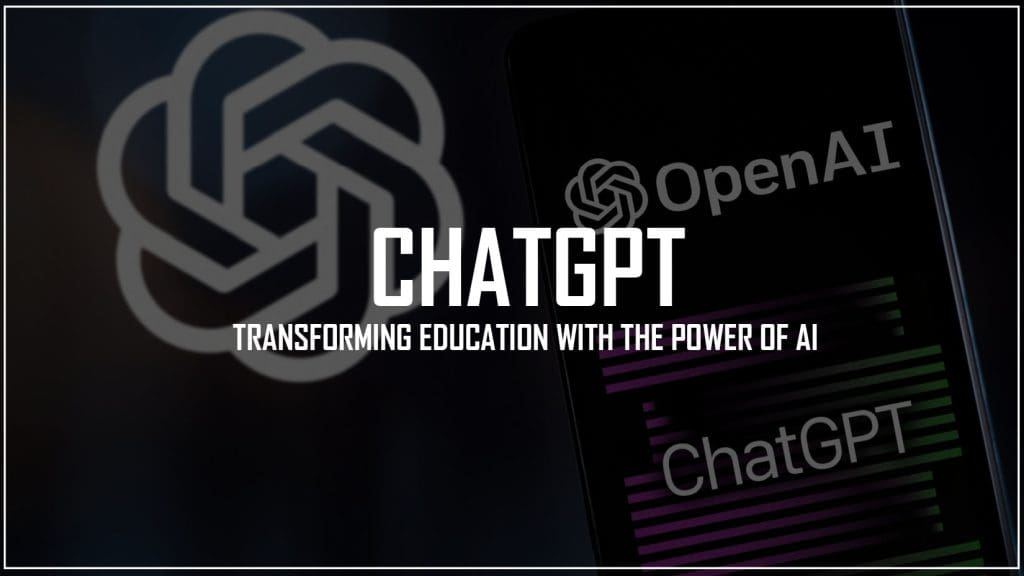OpenAI’s ChatGPT, a powerful conversational AI agent, is poised to make a significant impact on education. While its use has raised concerns related to plagiarism and misuse, OpenAI is determined to redefine its role within educational settings.
Let’s explore how ChatGPT is evolving to become a valuable asset in classrooms and the challenges it aims to address.
Embracing ChatGPT’s Potential in Education
As ChatGPT becomes increasingly pervasive, educators face the challenge of harnessing its capabilities for genuine educational purposes. OpenAI recognizes these concerns and offers compelling ways to integrate ChatGPT effectively into the learning environment.
1. Language Assistance for Learners
One promising application of ChatGPT is aiding language learners, particularly in English. Despite occasional factual inaccuracies, ChatGPT excels at grammatical correctness. Non-native English speakers have found it beneficial, and this tool could prove equally valuable for students.
2. Formulating Test Questions and Role-Playing
OpenAI acknowledges the potential of ChatGPT in formulating test questions and facilitating role-play scenarios, insights often shared by educators. These applications can enhance the learning experience and provide students with valuable tools for assessment and skill development.
3. Critical Thinking and Digital Literacy
An essential suggestion comes from Geetha Venugopal in Chennai, India, who emphasizes teaching students not to blindly trust AI-generated answers. Encouraging critical thinking, problem-solving, and creativity is vital. Students must understand the importance of cross-referencing AI-generated information with primary resources.
Addressing Plagiarism Concerns
OpenAI acknowledges the challenge of detecting AI-generated content presented as a student’s work. While AI detectors have been proposed, none have proven fully reliable in distinguishing AI-generated from human-generated content. OpenAI urges educators to focus on having students demonstrate their work and drafts, emphasizing that the learning process should involve interaction with AI models rather than blindly accepting answers.

Preparing ChatGPT for Educational Roles
OpenAI provides extensive prompts to transform ChatGPT into a tutor or assistant, emphasizing the need for customization to suit individual classroom requirements. These prompts guide educators on how to utilize ChatGPT effectively without making it overly prescriptive.
Adapting to an AI-Driven Future
As AI agents like ChatGPT become fixtures in education, addressing potential misuse is crucial. Students and teachers will need to adapt to these tools and find ways to integrate them authentically into the learning process. Just as calculators and encyclopedias became part of the educational landscape, ChatGPT and similar AI agents are poised to transform education when embraced and personalized by educators.

Conclusion
OpenAI’s ChatGPT is embarking on an educational journey, offering immense potential to enhance learning experiences. While challenges related to plagiarism persist, OpenAI’s commitment to education highlights the need for critical thinking, adaptability, and responsible AI integration.
The future of education may indeed be shaped by AI, but its success depends on how well we navigate this transformative journey.




















